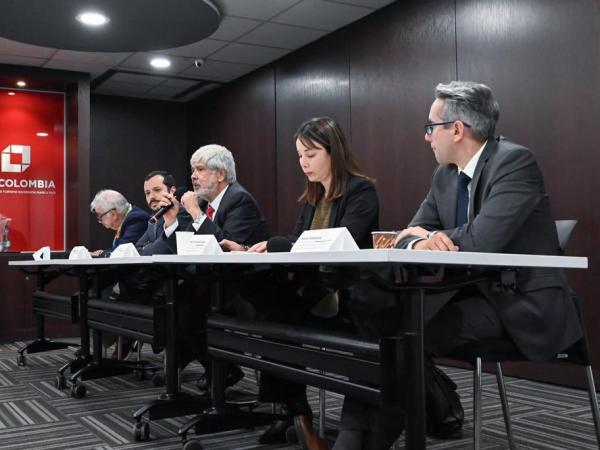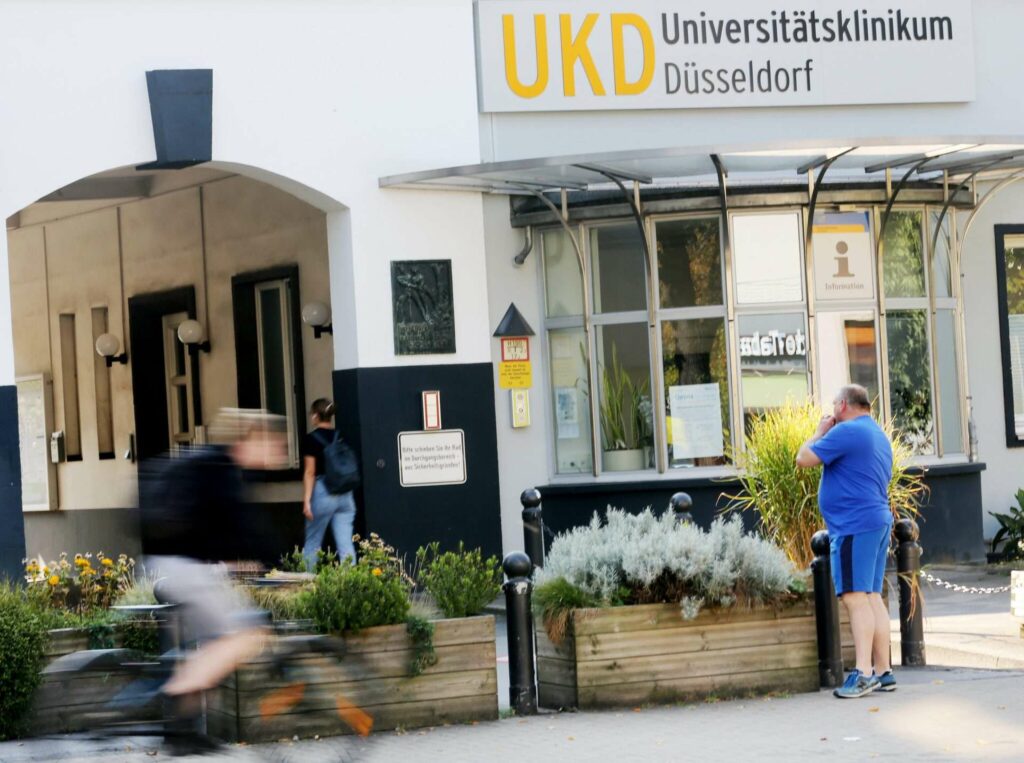This Monday, the Ministry of Commerce, Industry and Tourism, headed by Germán Umaña, together with other sector officials, presented the Reindustrialization Policy that the government will carry out. According to the head of the portfolio, the objective of this plan is to move from an extractivist economy to one of knowledge, productive and sustainable.
Also read: (Reindustrialization).
Umaña explained that the policy will be presented through a Conpes document, which will be evaluated and approved by the Higher Council for Foreign Trade.
The details of the plan aim to strengthen productive chains and investment; diversify and sophisticate the domestic and exportable supply and close the productivity gaps, in addition to deepening the integration of Latin America and the Caribbean, generating multilateralism with common positions with developed countries.
According to the head of the Commerce portfolio, this plan is being carried out against a “need for foreign direct investment to be tied to innovation, technology transfer and technical progress. To this will be added the participation of small and medium-sized enterprises in value chains and the use of human capacity resources”.
(Dialogues for changes to the rules of the game in free zones are advancing).
The official explained the productive bets of the policy, which are based on the energy transition, agro-industrialization and food sovereignty, reindustrialization in the health sector, as well as for defense and life, and finally, a plan for territories and their business fabric.
“Those bets are what we are working on. We are generating a development policy with transversal mechanisms”, maintained the Minister.
For her part, María Fernanda Valdés, Vice Minister of Business Development, indicated the approaches on which the reindustrialization policy is based, which are inclined towards prioritizing the five productive bets, as well as implementing it from the bottom up.
Faced with this, the official highlighted the need to put the magnifying glass on territorialization since these sectors must appropriate, “bearing in mind that this is where productive development takes place”.
In turn, he stated that structural heterogeneity is recognized, highlighting the popular economy. At the same time, the policy will be flexible and will be regularly evaluated.
(The conclusions of the visit of the Ministry of Commerce of Colombia to Venezuela).
They highlighted an approach that has a gender and sustainability perspective. The Vice Minister explained that “In this we are going to be pioneers and we want to bet that it is a policy that helps us to reduce gender gaps.”
Faced with general intervention measures, Valdés explained that public purchases are needed for reindustrialization, taking into account that the country has used them little strategically.
Likewise, he indicated that investments from public and mixed companies are required, since there are mechanisms where the private sector does not make investments. And finally, he stated that this is going to be an inclusive and sustainable trade and internationalization policy.
According to the officials, this will be a policy in which the different entities, from the different sectors of the Government, will participate, understanding that a level of coordination is needed to achieve articulation.
Faced with this matter, a matrix divided into three components is proposed, starting with capital and financing, which is based on the resources needed to orient itself. towards technology transfer, articulation with value chains, strengthening human capacities and achieving environmental sustainability.
In turn, Mario Valencia, director of productivity and competitiveness of the MinCIT, explained that this division will have an investment component from public companies and mixed capital, thinking about new technology activities and attraction schemes through associated projects. He reiterated that he wants to strengthen the financing offer in development banks and financially include the popular economy.
On the other hand, he emphasized the need to strengthen internationalization through instruments that are already being included in entities such as Bancoldex, “but that they will be strengthened as credit agencies for exports”. Additionally, he mentioned funding for research and development.
(Minister of Commerce assures that the FTAs will be carefully reviewed).
However, regarding training and human capacities, Soraya Caro, advisor to the Higher Council for Foreign Trade, indicated that a comprehensive training agenda will be implemented to close gaps in capacities to innovate, transform and work.
The official insisted on the need to build basic skills, applied in all instances of training, ensuring that a deepening will be carried out at all levels of education.
technology and entrepreneurship
Aurelio Mejía, director of Colombia Productiva, explained that the technological side intends to close the gaps in companies, segments, regions, in the country and in the world. In addition, it seeks to scale this technology to reach a greater number of companies and, likewise, to make it more sophisticated by adjusting the instruments so that they respond to the need of the policy.
For his part, Ivan Ceballos, general manager of INNpulsa, stated that this reindustrialization policy seeks to strengthen the entire ecosystem of entrepreneurship and company creation, also working with an alliance between the university, the company and the state. The entrepreneurship of the popular economy will also be promoted.
BRIEFCASE















